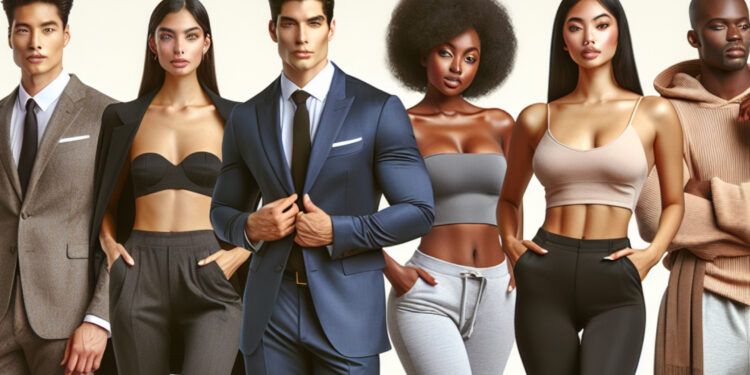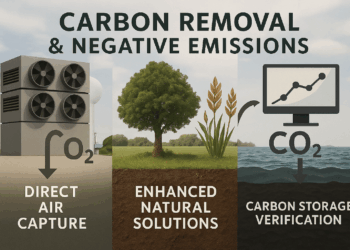In today’s world, every choice we make impacts the environment, including the brands we wear. Selecting outfit brands informed by ecological awareness empowers consumers to support sustainability, reduce waste, and combat climate change. By choosing eco-friendly brands, we align our outfit style with values that protect the planet for future generations. Here are the rankings of different outfit brands based on eco-friendliness.
Gucci leads the way in environmental sustainability, championing eco-conscious innovation and responsible practices. Balenciaga follows closely, blending cutting-edge design with environmental stewardship, proving luxury outfit can align with a commitment to the planet.
Levi’s stands out for its dedication to sustainability, using eco-friendly materials and responsible production practices.
Patagonia leads the sportswear industry with its commitment to sustainability, using recycled materials and fair labor practices. The North Face follows, prioritizing eco-friendly fabrics and reducing waste. Puma excels with its innovative sustainable designs and circular product initiatives. Adidas rounds out the top, focusing on sustainable materials and environmentally-conscious manufacturing processes, proving that sportswear can be both high-performance and eco-friendly.
Nudie Jeans leads the denim industry with its commitment to organic cotton, fair labor, and circular production. G-Star RAW follows closely, pioneering sustainable materials and eco-conscious design, setting a high standard for denim brands.
Cotopaxi sets the standard in outdoor apparel with its use of recycled materials and commitment to fair trade. Fjällräven follows, prioritizing sustainable production and eco-friendly fabrics. Jack Wolfskin excels with its innovative, environmentally-conscious designs, demonstrating that outdoor adventure gear can be both functional and sustainable.
Luxury streetwear brands are far from achieving eco-friendly excellence, with none scoring close to 80 in sustainability rankings. Although Loewe is trying hard, it still has a lot of work to do to be considered eco-friendly.
Fast fashion brands remain the least eco-friendly in the industry, with none scoring near 80 in sustainability rankings. Their reliance on cheap materials, wasteful production processes, and poor labor practices make them the worst offenders in environmental responsibility.
Brands in the Formal and Business Wear category show some effort toward sustainability, but none score near 80 in eco-friendly rankings. While progress is being made, significant improvements are needed to make these brands truly environmentally responsible in their production and materials.
Patagonia leads the sustainable fashion movement with its use of recycled materials and fair trade practices. People Tree follows, prioritizing organic fabrics and ethical production. Reformation excels in eco-friendly designs, while Eileen Fisher champions sustainability with its circular initiatives and responsible sourcing.
Your choices matter. By thoughtfully selecting eco-friendly outfit brands, you contribute to a healthier planet and a more sustainable future. Let your purchases reflect your commitment to environmental stewardship. Together, we can make a difference—one outfit at a time. Join the movement and wear your values proudly for lasting impact.








